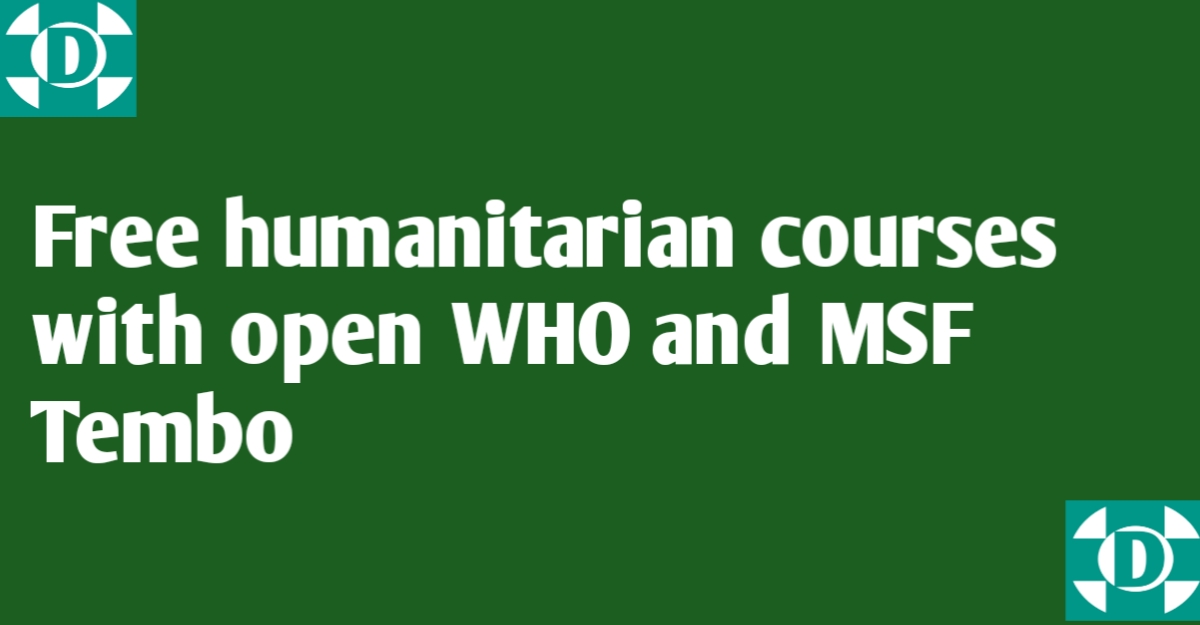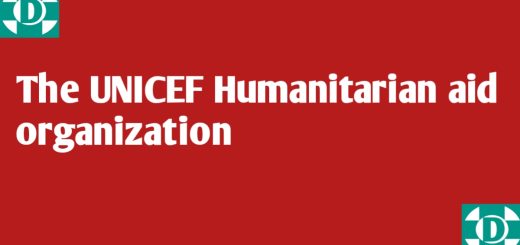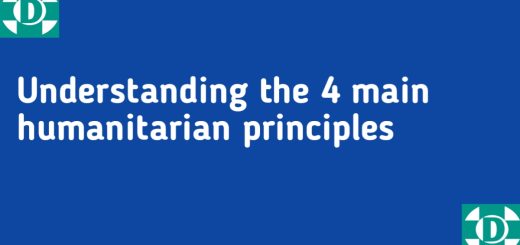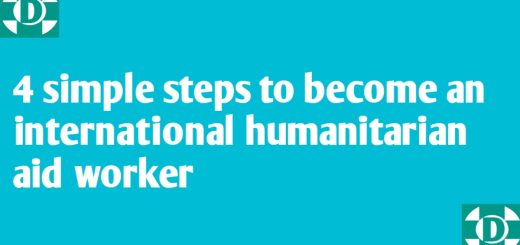Free humanitarian courses with open WHO and MSF Tembo

humanitarian course
Free humanitarian courses with open WHO and MSF Tembo, while humanitarian education is needed and play a crucial effort in delivering effective care to people in need including children affected with severe acute malnutrition and other diseases.
Humanitarian courses help organizations, humanitarian aid workers to learn and to be trained about response to the humanitarian emergencies.
Some of the questions that a health professionals, students, organizations, and any other individual with a zeal to learn new skills in humanitarian fields is, where can I study humanitarian? what are the humanitarian courses I needed? how to become a humanitarian? or even asking free humanitarian courses with certificate.
All the questions above are answered here, in this article I brought above two effective free platforms for learning humanitarian aid work, learn the skills and get the certificate to practice.
The platforms are for WHO which is “Open WHO” and “MSF Tembo” for Medecins Sans Frontiers.
All of the above organizations provide humanitarian courses for free and also give certificate after completing the desired course you learned.
You have to pass the examination successfully after completing each course before being awarded a certificate.
Read also: Steps to become a nurse in (UAE) united Arab emirates in 2024
Open WHO Humanitarian courses
In june 15, 2017. WHO launches “Open WHO” a series of video courses on epidemic, pandemic and health emergencies, available for everyone, anytime, anywhere.
MSF Tembo Humanitarian courses
Tembo offers MSF staff access to a space filled with learning and development opportunities. With over 900 courses and resources available, it aims to support MSF staff to be better prepared to contribute and improve the quality of MSF Operations.
Read also: How to become a humanitarian doctor work NGO
Humanitarian courses in 2024
Here are 2024, We are going to discuss about the most needed humanitarian courses for humanitarian aid workers or students that want to learn humanitarian services.
WHO/ICRC Basic Emergency Care: Conflict related injuries.
The Basic Emergency Care include extended modules covering conflict trauma that happens as a result of injuries from burns, blast, or penetration.
This course is designed to help first contact humanitarian aid providers that are working in a conflict situation and those that need to treat conflict injuries. The content is meant to be as a refresher materials.
After completing this course participant need to score at least 80% of the total points in all graded assignment to receive your certificate. You can also download a badge for this course.
Enroll this course to complete in 2 hours.
WHO Global School on Refugee and Migrant Health, 2022
The primary aim of the yearly Global School on Refugee and Migrant Health is to contribute to promoting health among migrants, refugees, and their host populations.
Each year, the Global School programme is developed around an overarching thematic area, built by merging and exchanging country knowledge and experiences in close collaboration with WHO regional offices, WHO country offices and governments.
However, this course was developed from previous recording sessions held during 2022. Technical content is delivered innovatively through video reportages, presentations and panel discussions with engagement of international experts, representatives from WHO and other United Nations agencies, and field actors from different regions and disciplines relevant to the area of health and migration.
The course duration is 10 hours, and a certificate will be awarded to a participant who successfully scored at least 80% of the assessment in the end.
Read also: What are humanitarian, aid, principles, and challenges
Water, sanitation and hygiene for the prevention and care of neglected tropical diseases
The course is specifically designed for governments, development agencies, civil society partners, and others working with them. It aims to help establish or strengthen collaboration between WASH and NTD actors. The course is structured around three modules. We will first examine the role of WASH in the prevention, management, and care of NTDs. Then you will learn about the opportunities for collaboration between the WASH and NTD sectors and gain insights from existing program experiences. Each module includes a simple self-test to help you recall key information. And at the end of the course, you will receive a certificate.
A certificate of achievement will be available to participants who score at least 80% of the total points available in the final assessment. The duration of the course is approximately 2 hour.
Sources:


